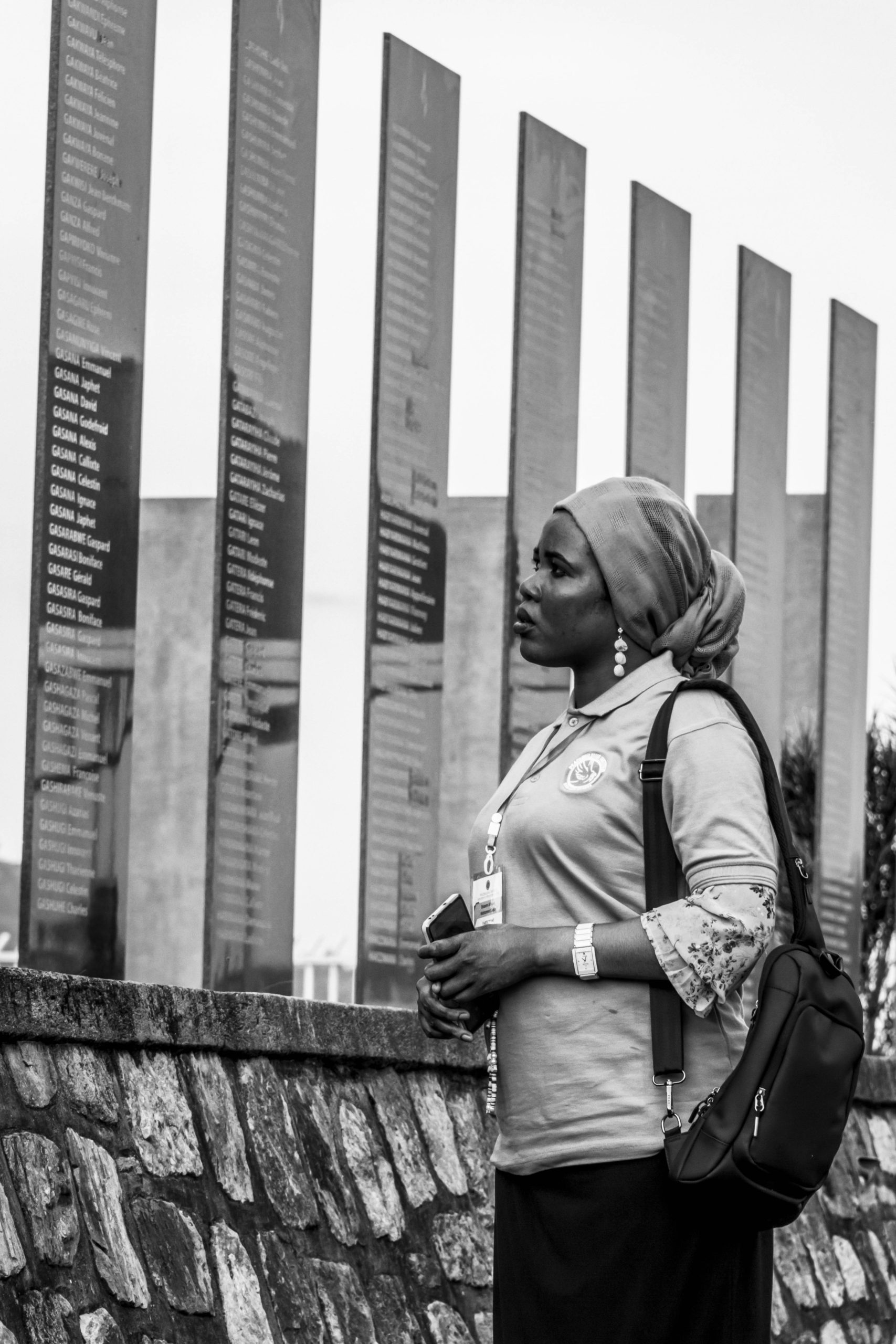I always wanted to know more about my country Rwanda; my roots, my culture, my people. Being a Rwandan born in the diaspora, I grew up hearing about the country both in positive and negative lights but the most poignant bit revolved around the 1994 Genocide Against the Tutsis.
I grew up thinking that Rwanda was a small, poor country with bad leadership and poor citizens. The only positives I heard were about its cleanliness, which was a common factor in almost all the conversations. I never imagined finding myself in such a country with that kind of history.
Our neighbors’ children came to Rwanda to study, others found jobs after school, and they all came back with a good experience of Rwanda. I would hear tales of how it was a great experience and it was nothing compared to the stories we had heard. It was difficult for them to convince my siblings and me about the “Rwandan experience”, because to us it sounded like a dream. Yet, there is so much I yearned to know, to see, and to hear, about a place called “home”.
Unfortunately, my parents never wanted us to study or stay in Rwanda. They thought that life would be difficult and not easily manageable away from them.
In my second year of university, the narrative shifted as I got a chance to visit Rwanda, as students in the Rwandan diaspora. The one week we spent in Rwanda was amazing and an unimaginable experience; it was all a big feat of unlearning this narrative I had created in my mind. We visited all parts of the country including some of the genocide memorial sites, and through all this I was reminded the importance of learning holistic information about our history. I was able to ask all kinds of question both comfortable and uncomfortable. I wanted to know the truth and nothing but the truth. What we were told during the trip was a polar opposite of the stories we had heard before. Interestingly, we all had almost the same questions about the security, politics, lifestyle of genocide survivors in the country and many more.
I developed a love for Rwanda since then because this trip unlocked another way of thinking for me. Throughout my trip I was able to get sufficient explanation about what I wanted to know and what I was interested in, and through this, I unlearned the narrative I had upheld about Rwanda. I knew the truth, I had experienced the truth.
When I finished my bachelor’s degree, I had a yearning to work in Rwanda and get to have a hands-on approach in getting to know the country. When I got a chance to, I started to fully understand that this was the best place I had lived, from the high regard of justice, law, and respect for human rights, it only continue to emphasize that this is where I wanted to live and work.
There is still a lot to learn and a lot to do when it comes to expressing the Rwandan story. There is a lot still to be done about combatting genocide ideologies and changing the outside perceptions of Rwanda. It’s both hilarious and scary hearing the perceptions people hold about Rwanda, but these only depict the importance of learning history in its true essence and not based on he-said she-said. It has to begin with us that have experienced the real truth about how the country operates, how it has changed and where it is on its healing journey.


